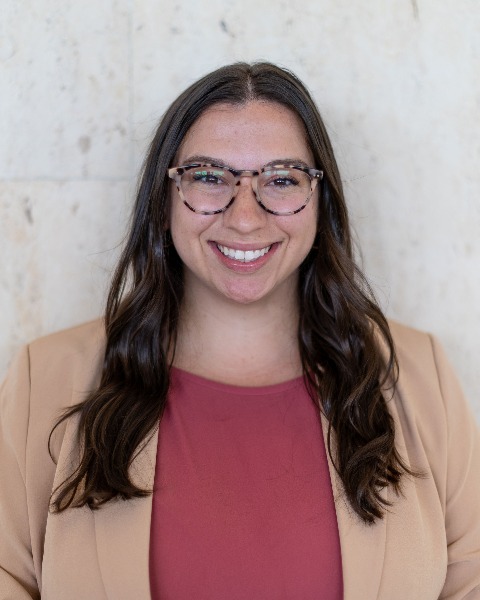Medical Education Works in Progress
Session: Medical Education Works in Progress
WIP 55 - Leveraging Entrustable Professional Activities to Evaluate a Near-Peer Teaching Model to Improve the Transition from Junior to Senior Pediatric Resident
Saturday, April 26, 2025
2:30pm - 4:45pm HST
Publication Number: WIP 55.7465
Megan Regnell, Cohen Children's Medical Center, Forest Hills, NY, United States; Leona R. Montero, Cohen Children's Medical Center, Bayside, NY, United States; Jesse A. Honig, Cohen Children's Medical Center, New Hyde Park, NY, United States; Stephen Barone, Cohen Children's Medical Center, New Hyde Park, NY, United States

Megan Regnell, MD (she/her/hers)
Chief Resident
Northwell Health/Cohen Children's Medical Center
Forest Hills, New York, United States
WIP Poster Presenter(s)
Background: A curriculum designed for junior residents to help them transition to a senior role is crucial to prepare them to lead a healthcare team. As residency programs transition to the use of Entrustable Professional Activities (EPAs) to assess competency for independent practice, enhancement of traditional curriculum will need to be developed. Past research has focused on student to intern and resident to independent practice transitions. There is limited literature on junior-to-senior pediatric resident readiness. EPA-15, "lead an interprofessional healthcare team” is singularly relevant to senior residents.
Objective: This study aims to evaluate the efficacy of a near-peer led, innovative 6-part lecture series designed to improve a junior residents’ self-reported confidence in meeting EPA15 at 3 time points: pre-intervention, immediately post-intervention, and 9-months post-intervention. Additionally, we aim to evaluate whether the lecture series effectively imparts critical logistical skills required for senior residents that are typically not covered in standard curricula.
Design/Methods: 16 rising senior residents were provided a 6-part lecture series which focused on essential senior responsibilities, interprofessional team leadership, coaching, and hospital operations. Residents completed a mixed-methods survey pre-lecture series, which self-assessed their confidence to lead a health care team (EPA 15) via a five-point Likert scale. The freeform portion of the survey also served as a needs analysis to guide curriculum content. An identical survey was administered to residents immediately following the lecture series to evaluate changes in confidence regarding EPA15 and senior resident expectations. This study was IRB approved. By April, we will have collected data from 3 different time points from 16 residents who completed the senior orientation curriculum. This survey data will be compared to 16 control residents to determine whether the curriculum enhanced the resident’s confidence to lead a health care team (EPA15).

